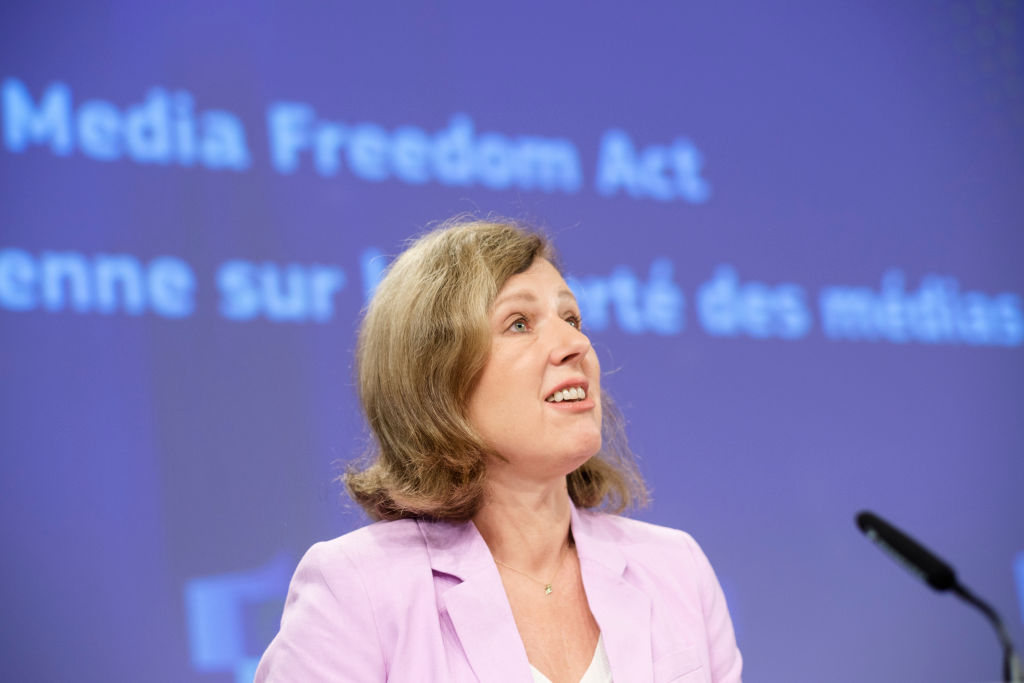Free-speech defenders have warned against a rumoured bid by the European Union’s top online censorship advocate to become European Commission President in 2024.
Thierry Breton, the EC’s current internal market head, is now reportedly using his status as a champion of the bloc’s pro-censorship Digital Services Act to spearhead a campaign to head the Brussels executive.
Claims that Breton is aiming to replace the EC’s current leader Ursula von der Leyen have prompted a backlash among activists, with some warning any such appointment could lead to a further decline in freedom of expression within the EU.
A spokesman for advocate group Free Speech Ireland (FSI) told Brussels Signal regarding the potential presidential bid: “[Breton] may be considered part of what many are now calling the ‘censorship industrial complex’ – a global push by politicians to force the private-sector’s hand into suppressing free speech.
“Similar to countries with less than stellar human rights records like Turkey in its most recent election, we could soon see the EU demand individuals be banned from Twitter under threat of heavy fines,” the spokesman added.
Rumours implying that Breton is after the top job come amid a spike in notoriety for the internal market boss, with the Frenchman gaining a reputation for publicly admonishing big tech CEOs for failing to implement Brussels’ censorship demands.
While causing deep concern among civil rights advocates, his somewhat brazen approach has won him a number of allies in high places, with the Eurocrat known to be particularly friendly with French President Emmanuel Macron and his government.
Although many still predict that von der Leyen will retain her position after 2024, earlier suggestions that she might leave the EC top role to head up NATO have prompted speculation she may soon be replaced, with Breton now being seen as a lead “plan B” candidate for the job.
He appears to many to be far more qualified for the job than some other suggested alternatives, with Irish MPs said to have privately floated the idea that the country’s current deputy Prime Minister Micheál Marti could be elected to the role.
It is unlikely that pro-free-speech advocates will rally behind such an “outsider” candidate, with Martin’s current government also pushing through controversial anti-hate-speech legislation that will criminalise some online commentary.
FSI sees a number of similarities between Breton’s push for online censorship and Ireland’s proposed hate-speech legislation, the latter of which, some have warned, could effectively criminalise the possession of “offensive” memes, among other things.
“Breton shares many qualities with politicians such Ireland’s Justice Minister, Helen McEntee when it comes to efforts to stifle speech,” FSI said.





